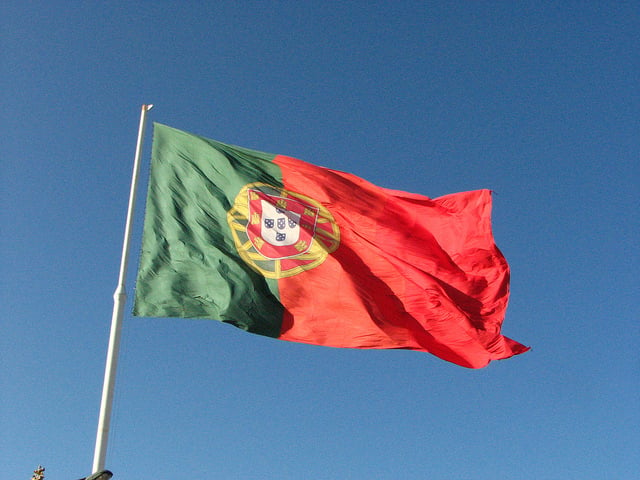
The transportation of green hydrogen from Portugal to the Netherlands will be explored thanks to a new memorandum of understanding signed between the countries.
As part of the agreement, which links both countries’ 2030 hydrogen plans, a strategic export-import value chain will be developed to enable the shipping of renewable hydrogen from a project being planned in the Portuguese city of Sines to the port of Rotterdam.
Try Premium for just $1
- Full premium access for the first month at only $1
- Converts to an annual rate after 30 days unless cancelled
- Cancel anytime during the trial period
Premium Benefits
- Expert industry analysis and interviews
- Digital access to PV Tech Power journal
- Exclusive event discounts
Or get the full Premium subscription right away
Or continue reading this article for free
In a joint statement, the governments of both countries said they recognise the growing importance that renewable gases, in particular green hydrogen, will play in Europe’s decarbonisation goals. They will therefore promote institutional cooperation to help develop supply chains for the export of green hydrogen.
The agreement comes two months after Portugal announced its national hydrogen strategy, which features a €7 billion investment by 2030 and consists of plans to develop the Sines hydrogen facility, the creation of a national laboratory focused on the technology as well as efforts to decarbonise heavy transport. The country received 74 expressions of interest from parties eager to tap into the move to bring forward green hydrogen projects capable of decarbonising heavy industry.
Meanwhile, a new report from the International Energy Agency (IEA) highlights the “leading role” that the Netherlands is taking in developing a market for low-carbon hydrogen to partly replace natural gas and drive emission reductions in sectors like industry and heavy transportation. “The Netherlands has a clear vision for reducing its dependence on natural gas while protecting energy security,” Fatih Birol, IEA executive director, said. “In addition, its commendable leadership on low-carbon hydrogen will help drive cost reductions that are needed for this important technology to play a key role in accelerating clean energy transitions around the world.”
There has been an uptick in green hydrogen activity in recent months as industry players look to explore the synergies between clean energy and hydrolysis. An IEEFA study published last month found that Europe, Australia and Asia were leading the hydrogen charge, backing the majority of new green hydrogen projects that have emerged over the course of the last year. These projects are said to be supported by falling costs of renewable power and the presence of existing gas pipelines to transport produced hydrogen to meet more localised demand centres.
However, projects looking to export hydrogen to distant destinations are faced with the high cost of seaborne transportation. This is one of the challenges being explored through a new feasibility study between Australia and Germany, as the countries look at the economic and technological requirements for the shipping of hydrogen. The Australian government says infrastructure from the country's gas industry will assist it to use hydrogen as an energy source at home, predicting that exports from the sector will be able to contribute an estimated AU$11 billion (US$8.03 billion) per year in additional GDP by 2050.






